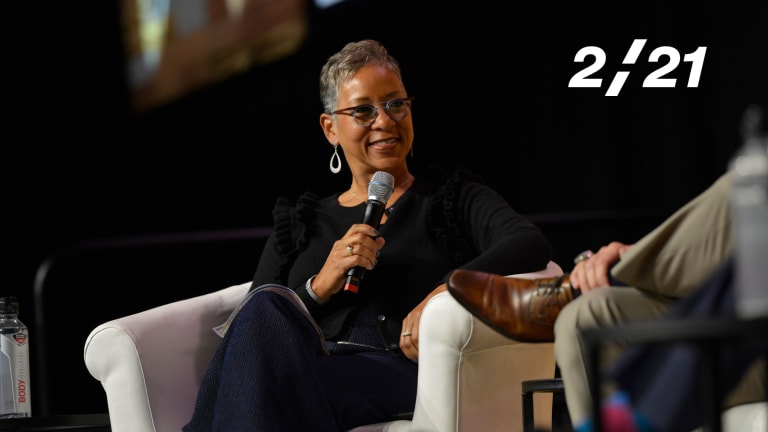Own The Arena: Katrina Adams proves net-rushing is a potent life skill
By Feb 26, 2021The Big T
Patrick McEnroe on Roger Federer and the International Tennis Hall of Fame induction process
By Feb 26, 2026Acapulco, Mexico
Miomir Kecmanovic has now scored maiden Top 10 and Top 5 wins against Alexander Zverev with Acapulco effort
By Feb 26, 2026Press Release
Tennis Channel returns as the U.S. home of the BNP Paribas Open, delivering wall-to-wall coverage from Indian Wells
By Feb 25, 2026Facts & Stats
Streaks, records, milestones and more: Seven things at stake in Indian Wells
By Feb 25, 2026Indian Wells, USA
Eugenie Bouchard: The sky’s the limit for Victoria Mboko in Indian Wells
By Feb 25, 2026ATP Dubai, UAE
Stan Wawrinka: There will be opportunities to challenge Carlos Alcaraz, Jannik Sinner
By Feb 25, 2026Indian Wells, USA
Where to Watch Indian Wells: The 2026 BNP Paribas Open is only on Tennis Channel
By Feb 25, 2026Coach's Corner
Grigor Dimitrov adds David Nalbandian to coaching team with hope of getting "myself in the same place again"
By Feb 25, 2026Indian Wells, USA
2026 Eisenhower Cup at Indian Wells: Rybakina & Fritz seek title defense, Swiatek & Ruud reuniting
By Feb 24, 2026Own The Arena: Katrina Adams proves net-rushing is a potent life skill
The lessons gained from Adams’ many experiences on and off the court form the basis of her newly released book, Own The Arena: Getting Ahead, Making a Difference, and Succeeding as the Only One.
Published Feb 26, 2021
Advertising

Own The Arena: Katrina Adams proves net-rushing is a potent life skill
Advertising
Own The Arena: Katrina Adams proves net-rushing is a potent life skill
Advertising

Own The Arena: Katrina Adams proves net-rushing is a potent life skill